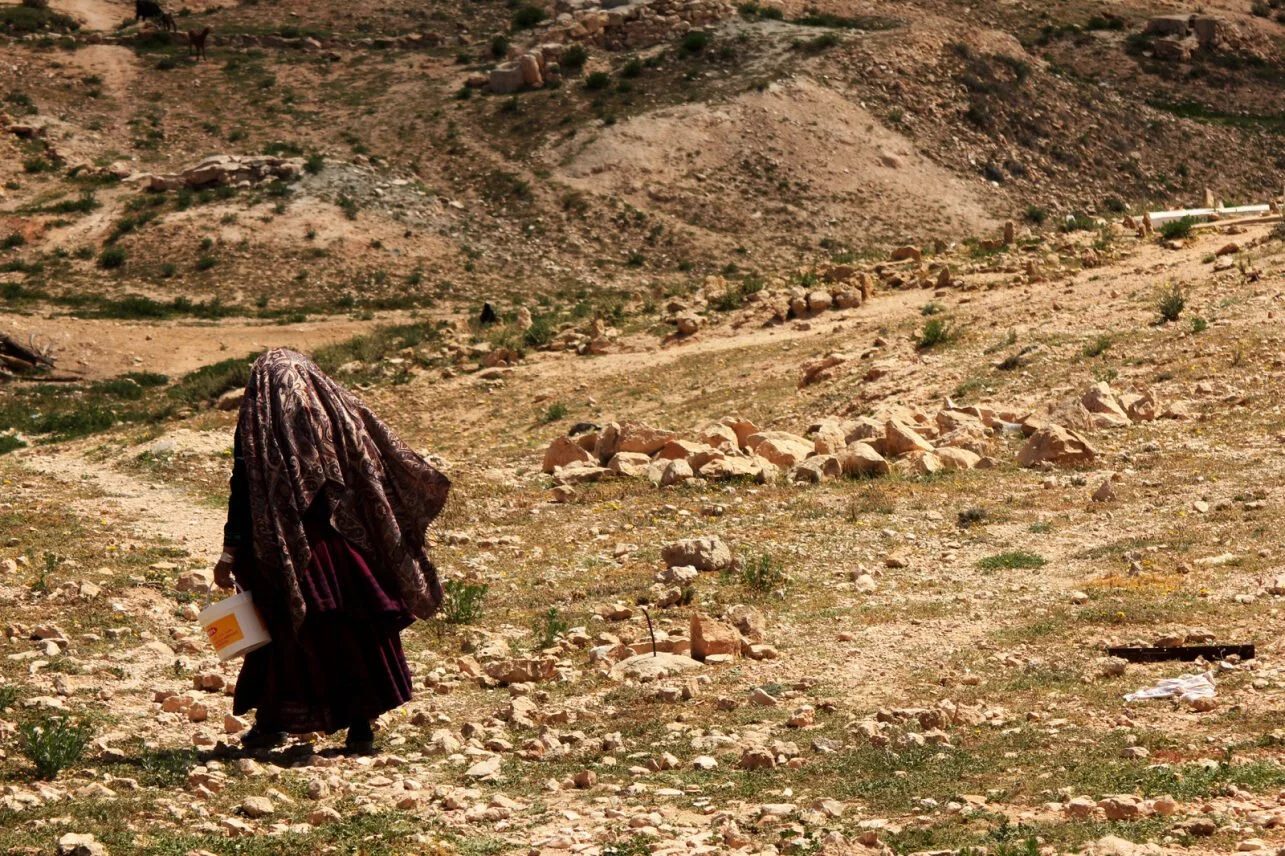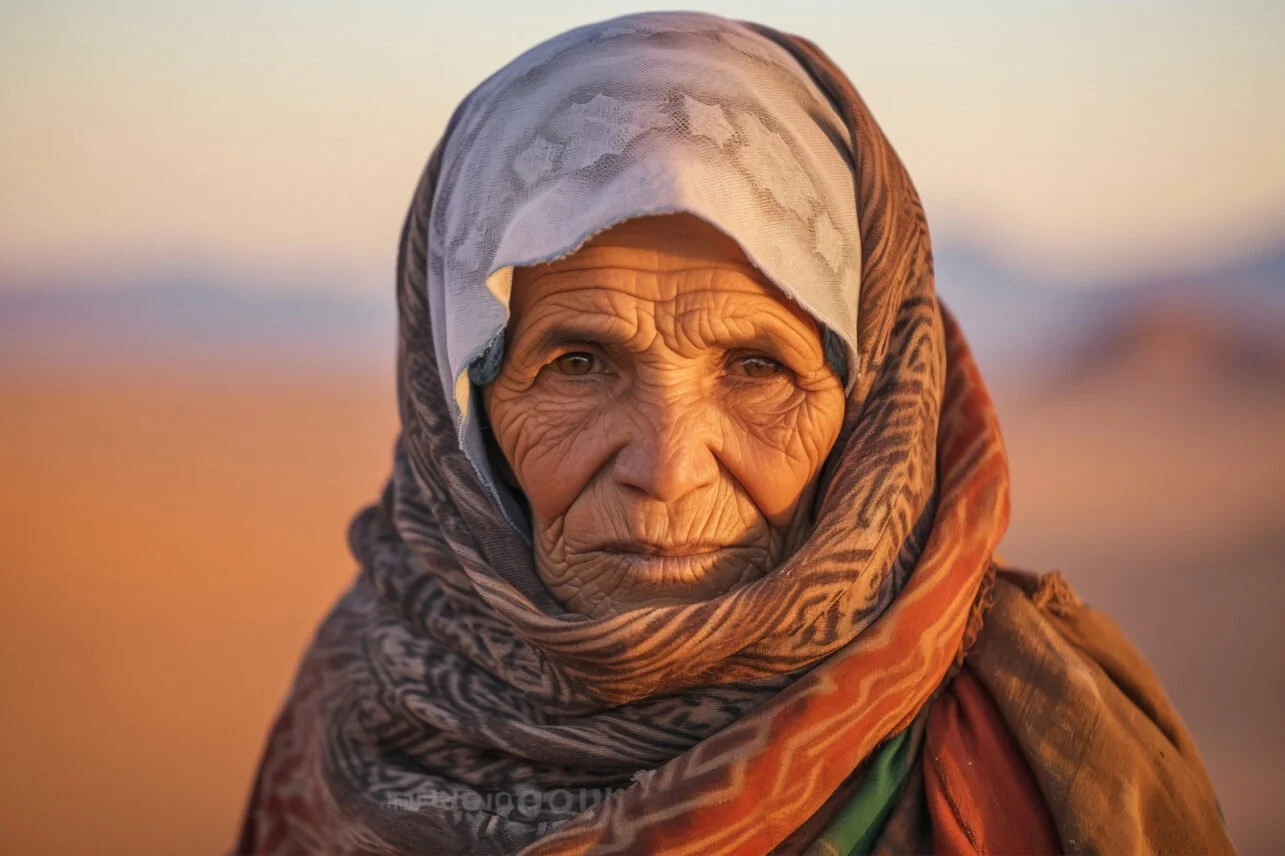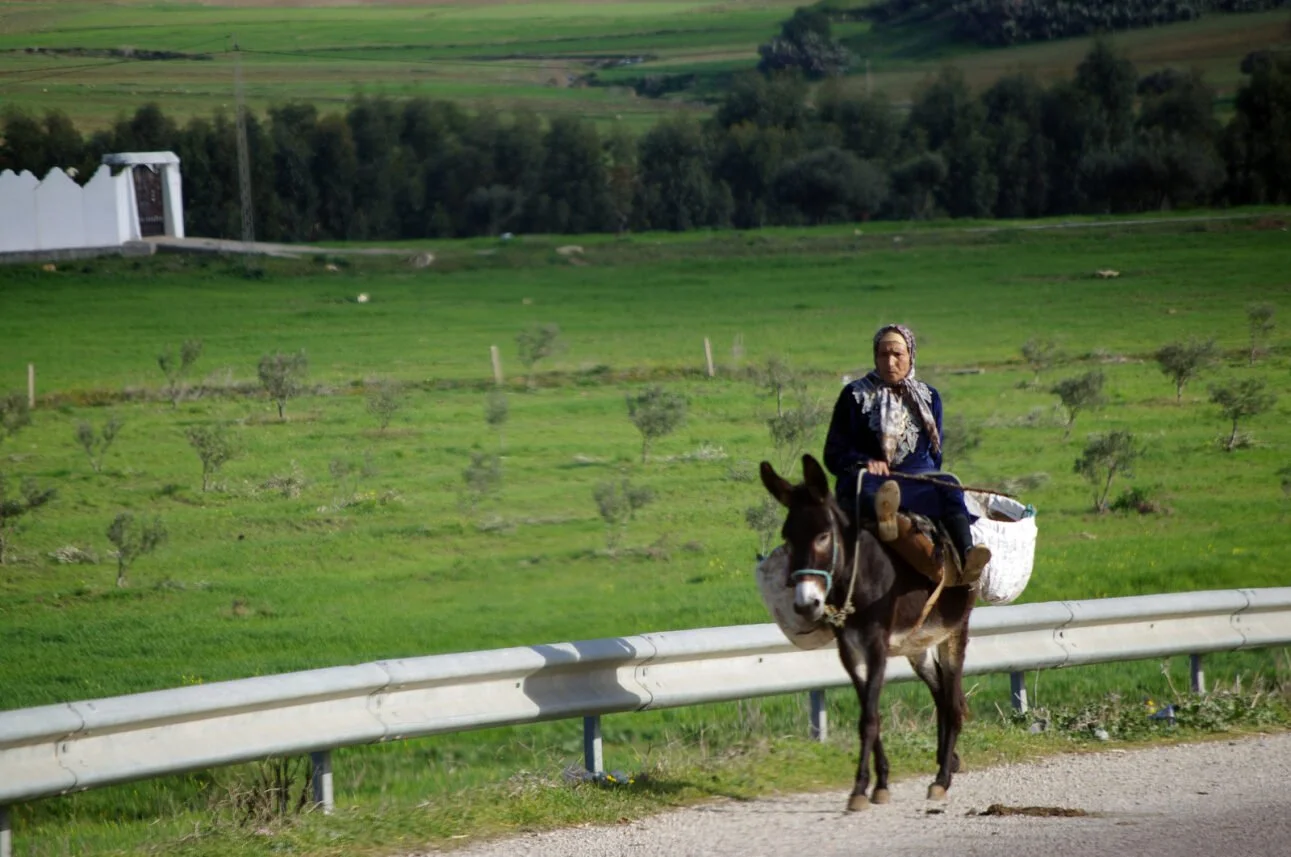The Unfinished Promise of USAID in Tunisia
By honoring commitments to partners and communities in strategic regions like Tunisia, the US invests not just in their futures but in our own security and global standing. Small, targeted investments that empower local leadership—particularly among women and youth—yield far greater returns than the reactive, costly interventions required when stability fails. The NASSEEJ project demonstrates that developing democratic resilience through economic empowerment and civic engagement is not just the right thing to do—it's the smart strategy for a safer world.
Every community deserves the opportunity to shape its destiny through economic empowerment, inclusive governance, and peaceful cooperation. When marginalized groups—especially women and youth—gain skills and support to advocate for themselves, entire societies become more stable, prosperous, and resistant to extremism.
In Tunisia, communities face persistent poverty, youth disillusionment, and the threat of extremist recruitment. Without continued support for grassroots development and civic engagement, the hard-won progress of Tunisia's democratic experiment—and a crucial beacon of stability in North Africa—hangs in the balance.
In just two years, a modest $25 million USAID investment had transformed lives across 22 of Tunisia's 24 governorates, teaching rural women to build thriving businesses, engaging at-risk youth in innovation projects, and fostering peaceful advocacy in communities once vulnerable to extremism. Then suddenly, despite its success and the personal approval of Tunisia's president, the project was canceled—leaving people and five million dollars of already-obligated assistance in limbo.
Tunisia's small size belies its importance: the birthplace of the Arab Spring and the only nation that did not descend into violence and chaos, in part because the US was so committed to helping shore up its fledging democracy (under both Trump I and Biden) that it invested so much time and resources. Within this strategic context, the USAID NASSEEJ Project operated as a vital investment in sustaining that democratic promise.
The project's approach was multi-faceted and deeply local. Rural women learned not only health and livelihood skills but also how to create local markets and build value chains that could sustain entire communities. Young people from impoverished areas—once recruitment grounds for extremist groups—channeled their talents into developing lower-cost equipment for people with disabilities.
"We were already working with hundreds of women farmers, youth leaders, medical and pharmaceutical students," explains the project's Chief of Party, highlighting how NASSEEJ created safe spaces for marginalized groups, including the LGBTQI+ community, to advocate for their rights.
The project's comprehensive training programs taught everything from data gathering and quantitative analysis for early warning systems to online marketing and entrepreneurship. In regions at high risk for terrorist recruitment, disaffected youth were connected to local sports clubs and community centers operated by USAID partners.
With a relatively modest investment of $25 million over five years, NASSEEJ had already disbursed $2 million and achieved remarkable reach. "Tunisia is tiny," the Chief of Party notes, "so a little bit goes a long way... only a few thousand dollars can completely transform a family's life."
Even Tunisia's president—historically skeptical of civil society organizations—"loved this project." NASSEEJ aligned with his Plan 2030 goals of modernizing the agricultural sector while building crucial local capacity for conflict prevention and peaceful advocacy.
Most remarkably, the project had been fully funded during the previous administration, with money already obligated and available—meaning its cancellation would save no current funds while abandoning communities mid-transformation.
"I have never in a million years imagined this would happen," says the Chief of Party, a 50-year-old development professional with 25 years of experience at USAID and the Department of Defense. "It is SUCH an unforced error on the part of the US and will cost so much more in reputation, hatred, and potential violence than any amount of money we think we're saving. This project was already fully obligated by last summer, so there was money available to complete the project that would have had no impact on current budgeting or spending levels. It was also a project obligated under Mr. Trump himself during his first term, so this makes it even more ridiculous, frankly."



